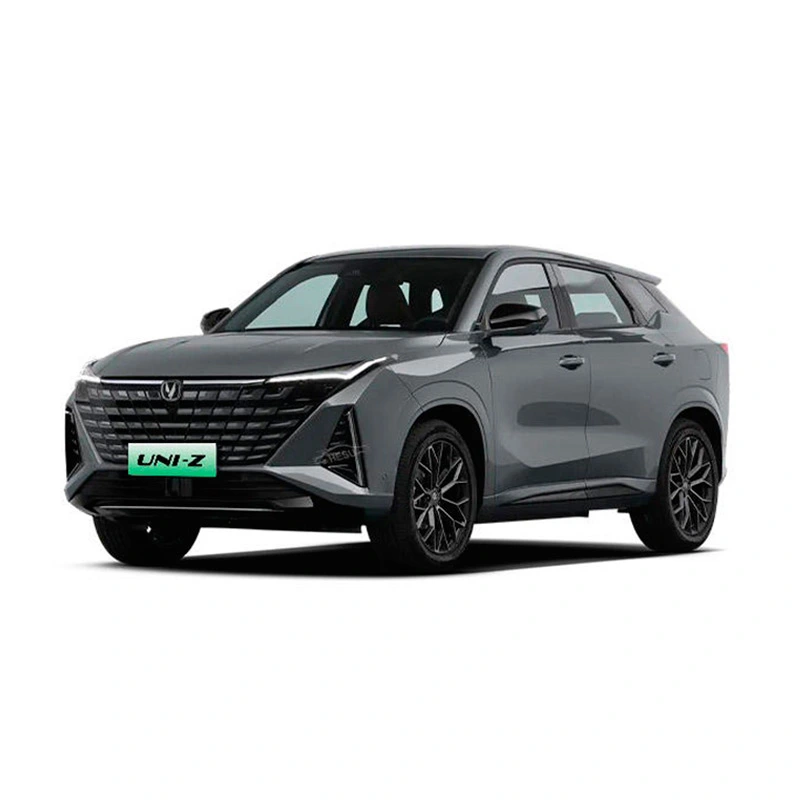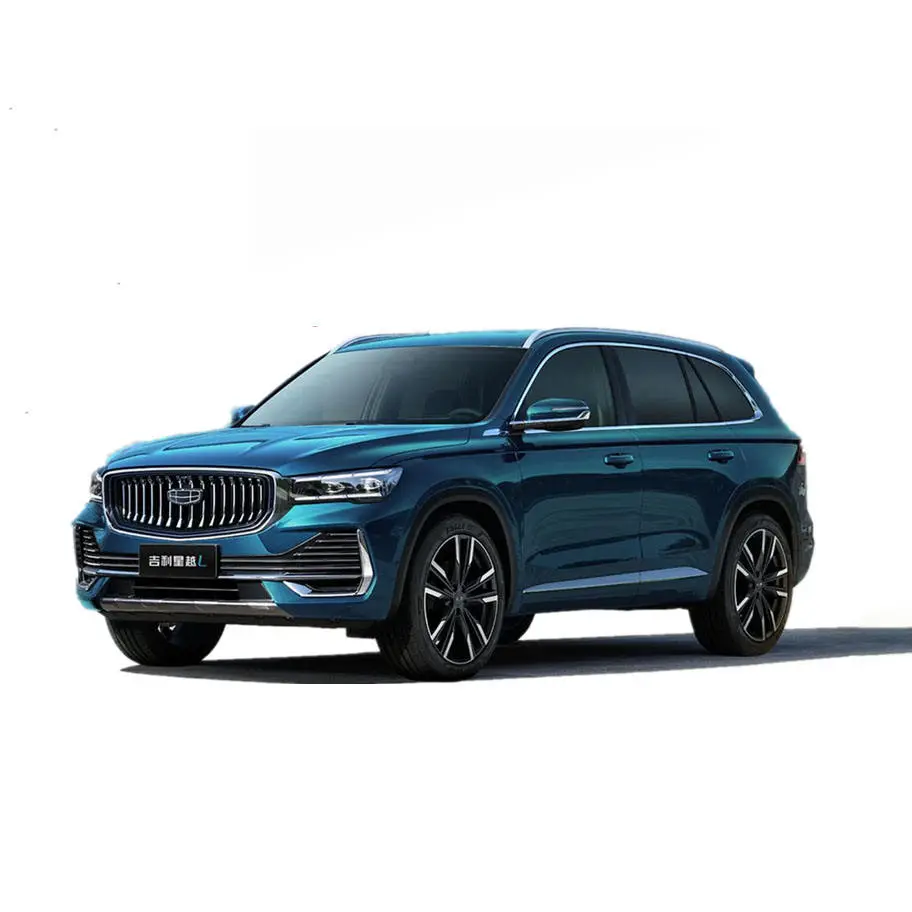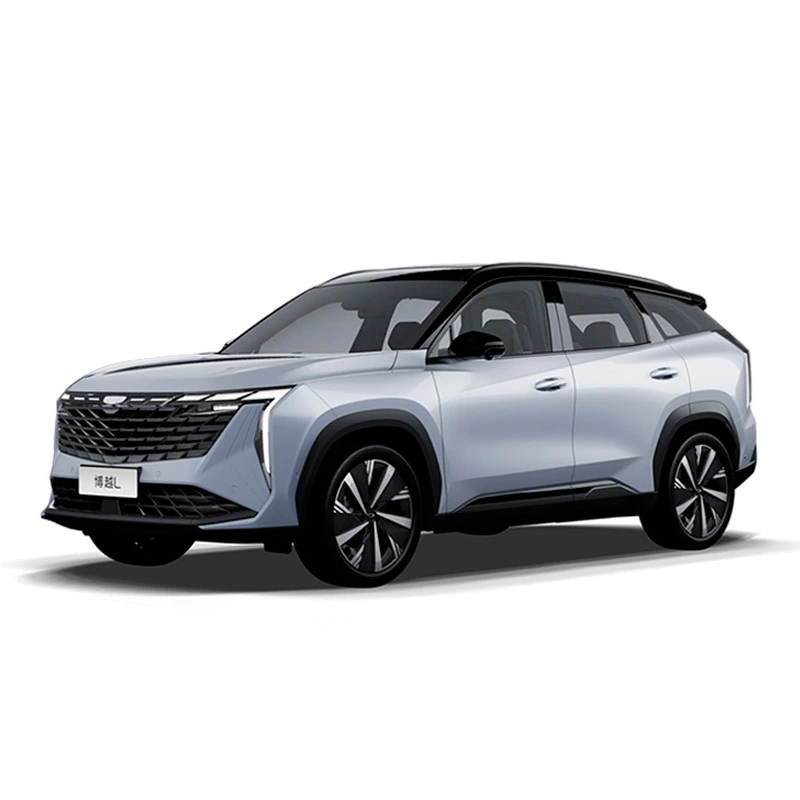

Want to import a car from China but unsure where to start? Many people face confusion about costs, risks, and suppliers. Let’s break it all down for you.
Importing a car from China involves costs like the vehicle price, shipping, taxes, and customs duties. Researching reliable suppliers and understanding the process can help you save time and money.

Importing a car from China may seem complex, but it’s manageable with the right information. Let’s dive into the details step by step.
Importing a car from China can be cost-effective, but you need to consider all expenses. What exactly are you paying for? Let’s explore.
The total cost includes the car’s price, shipping fees, import taxes, customs duties, and possible dealer fees. Always factor in these costs to avoid surprises.

When importing a car from China, the first cost is the vehicle price. Chinese cars, especially electric vehicles, are often cheaper than those in Western markets. Next, shipping costs vary depending on the destination and shipping method. Sea freight is cheaper but takes longer, while air freight is faster but more expensive.
Import taxes and customs duties depend on your country’s regulations. For example, the EU and the US have different tax structures. Always check local laws to estimate these costs. Dealer fees may also apply, especially if you’re working with an intermediary.
Here’s a breakdown of typical costs:
| Cost Type | Estimated Range |
|---|---|
| Vehicle Price | $10,000 - $50,000 |
| Shipping | $1,000 - $5,000 |
| Import Taxes | 10% - 30% of car value |
| Customs Duties | 5% - 15% of car value |
| Dealer Fees | $500 - $2,000 |
By understanding these costs, you can budget effectively and avoid hidden expenses.
Electric vehicles (EVs) are the future, and China is leading the charge. Which Chinese EVs should you consider importing in 2025? Let’s find out.
The top Chinese EVs to import in 2025 include BYD, NIO, XPeng, Li Auto, and Xiaomi SU7, known for their advanced technology, affordability, and impressive range.
China’s EV market is booming, offering high-quality vehicles at competitive prices. Here’s a list of the top 5 Chinese EVs you should consider importing in 2025:
BYD: Known for its Blade Battery technology, BYD offers reliable and affordable EVs with impressive ranges. Models like the BYD Han and Tang are popular worldwide.
NIO: NIO focuses on luxury EVs with features like battery swapping and autonomous driving. The NIO ET7 is a standout model.
XPeng: XPeng combines affordability with advanced tech, such as its XNGP driver-assistance system. The XPeng P7 is a top seller.
Li Auto: Specializing in extended-range EVs, Li Auto’s Li L7 and Li L9 are great for long-distance travel.
Xiaomi SU7: The Xiaomi SU7 is a newcomer but promises cutting-edge tech and affordability, making it a contender in the EV market.
These brands are not only affordable but also packed with features like long ranges, fast charging, and smart technology.
Importing a car from China can be risky if you’re not careful. What are the potential pitfalls, and how can you avoid them? Let’s discuss.
Risks include fraud, shipping delays, and compliance issues. To avoid these, work with verified suppliers, check certifications, and use reputable shipping companies.
Importing a car from China comes with risks, but you can minimize them with proper planning. Here’s a breakdown of the risks and solutions:
Fraud: Some suppliers may misrepresent products or fail to deliver. To avoid this, verify the supplier’s credentials and read reviews from past clients.
Shipping Delays: Delays can happen due to logistics issues or customs hold-ups. Use reputable shipping companies and plan for potential delays.
Compliance Issues: Car models may not meet local safety or emission standards. Ensure the vehicle complies with your country’s regulations before importing.
Hidden Costs: Import taxes and customs duties can add up. Always get a detailed cost breakdown from the supplier.
Quality Concerns: Some cars may have manufacturing defects. Request a pre-shipment inspection to ensure the vehicle meets quality standards.
By taking these precautions, you can reduce risks and ensure a smooth import process.
Finding a reliable car supplier in China is crucial for a successful import. How do you identify trustworthy suppliers? Let’s explore.
To find a trustworthy supplier, check their certifications, read client reviews, and verify their history. Working with a reputable company like Chongqing Xuncheng can also help.
Finding a reliable car supplier in China requires careful research. Here’s how to identify a trustworthy partner:
Certifications: Check if the supplier has ISO, export licenses, and other relevant certifications. These indicate compliance with international standards.
Client Reviews: Read reviews from past clients to gauge the supplier’s reputation. Platforms like Alibaba and industry forums can be helpful.
History: Verify the supplier’s experience and track record. Established companies with years of experience are often more reliable.
Transparency: A trustworthy supplier should provide clear documentation, including invoices, contracts, and shipping details.
Partnerships: Suppliers with partnerships with major brands (e.g., BYD, Geely) are more likely to be credible.
Working with a reputable company like Chongqing Xuncheng Automobile Sales Service Co., Ltd. can simplify the process. They offer end-to-end services, from procurement to logistics, ensuring a smooth experience.
Time is a key factor when importing a car from China. How long does the process typically take? Let’s break it down.
The import process usually takes 30 to 90 days, depending on shipping method, customs clearance, and local regulations. Plan ahead to avoid delays.
Importing a car from China involves several steps, each affecting the timeline. Here’s a detailed breakdown:
Order Processing: This includes negotiating prices and finalizing the purchase. It usually takes 1-2 weeks.
Shipping: Sea freight takes about 30-45 days, while air freight is faster (1-2 weeks) but more expensive.
Customs Clearance: Customs can take 1-2 weeks, depending on your country’s regulations and the completeness of your documentation.
Final Delivery: After customs clearance, the car is delivered to your location, which can take 1-2 weeks.
Factors like shipping delays, customs inspections, and local regulations can extend the timeline. Always plan ahead and work with reliable partners to minimize delays.
Importing a car from China can be a smart move if you understand the costs, risks, and process. With the right preparation, you can save money and get a high-quality vehicle.